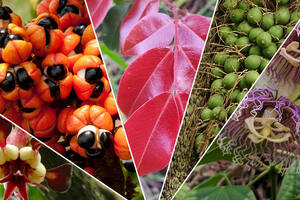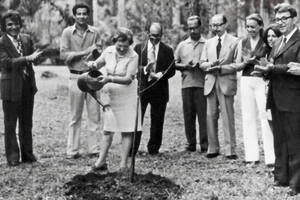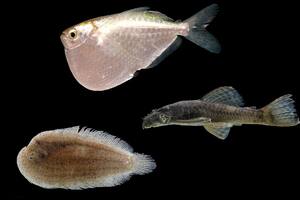Biodiversity
Ecology

Oil palm advances in Pará
Large oil palm (Elaeis guineensis) plantations can harm biodiversity
By Redação
Ecology
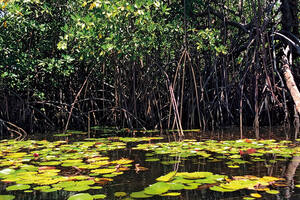
Coastal vegetation, carbon sponges
Coastal ecosystems with vegetation are essential for storing organic carbon
By Redação
Environment
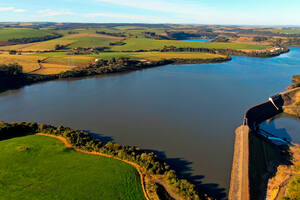
The effects of small power plants
Small hydroelectric power plants stimulate the multiplication of some fish species while discouraging others
By Redação
Video
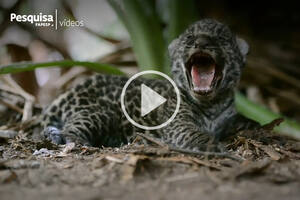
Video brings unique images of jaguar cubs
NGO combines research activities and ecotourism to study more than 180 animals that live in a reserve in the Pantanal | 7'36
By Redação
photolab
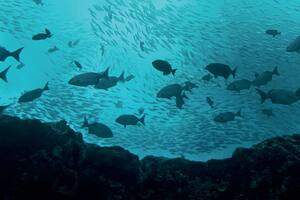
Underwater world
Algal reefs growing on volcanic seamounds were named "Coraline Hills"
By Redação
Flora

The sounds of wounded plants
Experiment shows that plants subjected to stress can emit ultrasonic sounds
By Redação
RESEARCH ITINERARIES

From physics to the environment
Marco Aurélio Nalon talks about the use of data geoprocessing to map native vegetation in the state of São Paulo
Biodiversity
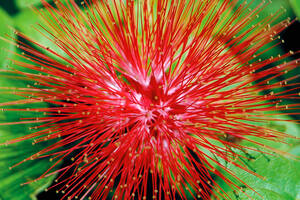
The climate, a driver of diversification
Regional rainfall patterns can be a decisive factor in plant diversification
By Redação
PHOTOLAB

Seeing trees differently
High-resolution drone images used to monitor the characteristics and degradation of coastal vegetation
By Redação
Ecology

Sawdust shows which tree species has been cut
Anti-illegal-logging technique identifies trees from sawdust using a microscope
By Redação
Oceanography
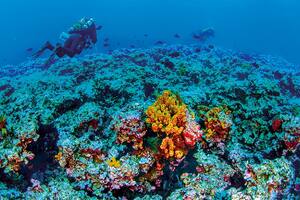
A new kind of marine environment
New type of reef found off the coast of Espírito Santo was named coral hills
By Redação
Ecology

Hidden life in rupestrian grasslands
Microorganisms help plants survive in the nutrient-poor soil of rupestrian grasslands
By Redação
PHOTOLAB
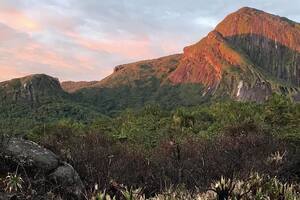
On top of Brazil
Serra do Imeri could be the birthplace of many animal and plant lineages from the Amazon and the Atlantic Forest
By Redação
ENTOMOLOGY
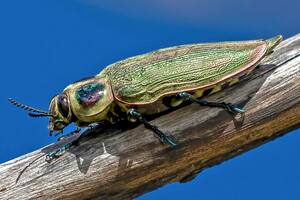
Terrestrial insects in decline
Unprecedented study on the demographic evolution of terrestrial insects points to a decline in individual numbers and species diversity
By Tiago Jokura

